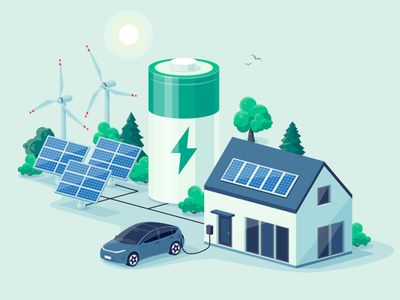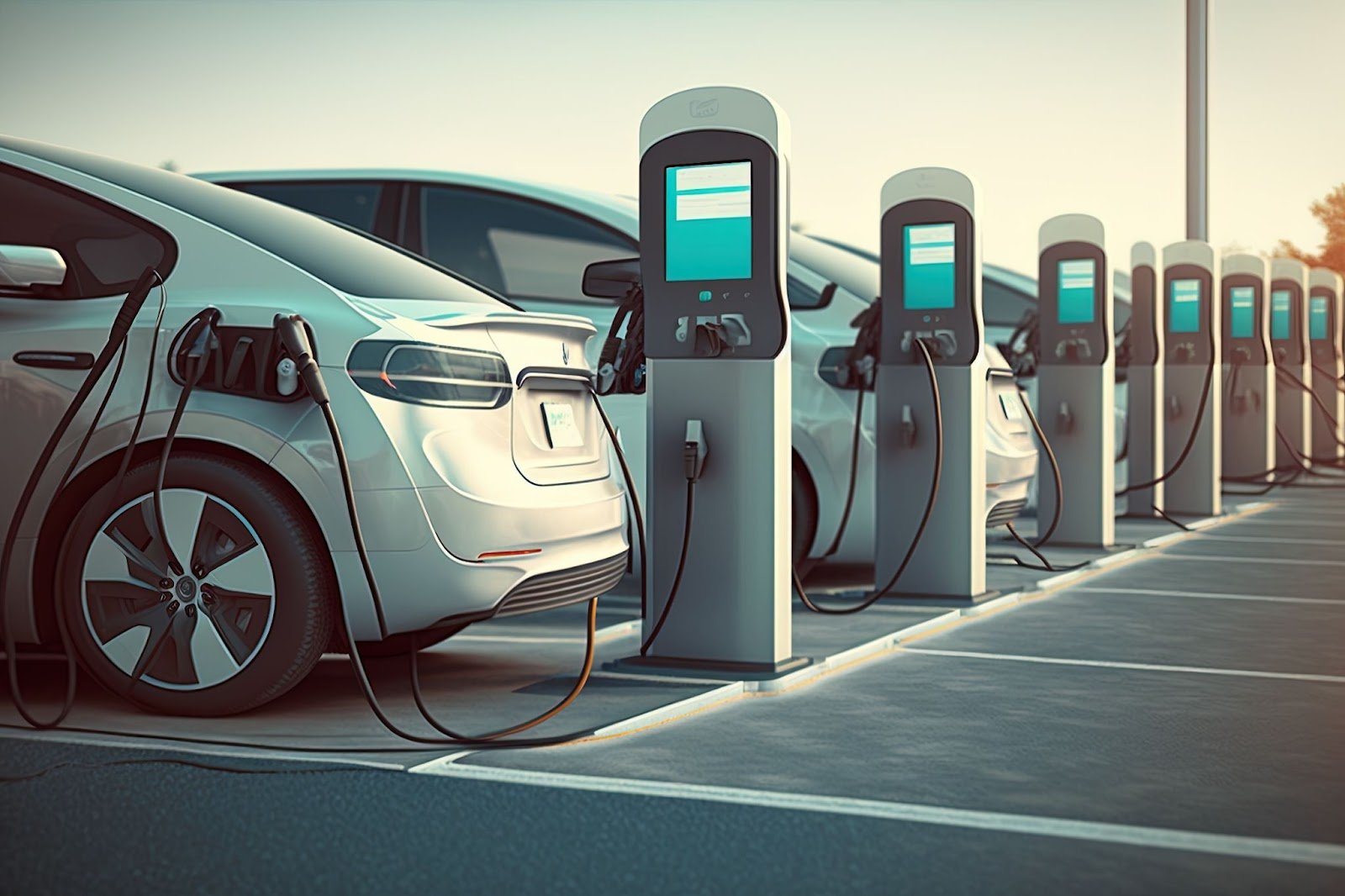The Spectrum of Opportunities: Within the Electric Vehicle industry, a diverse range of exciting roles awaits professionals. From Electric Vehicle Engineers to Electronics & Electrical Specialists, System Specialists, Embedded System Testing and Diagnostics Engineers, EV Design Engineers, Managers in Power Electronics, Automotive Component Engineers, to Power Electronics and Hardware Design Engineers, the spectrum is vast and promising.



